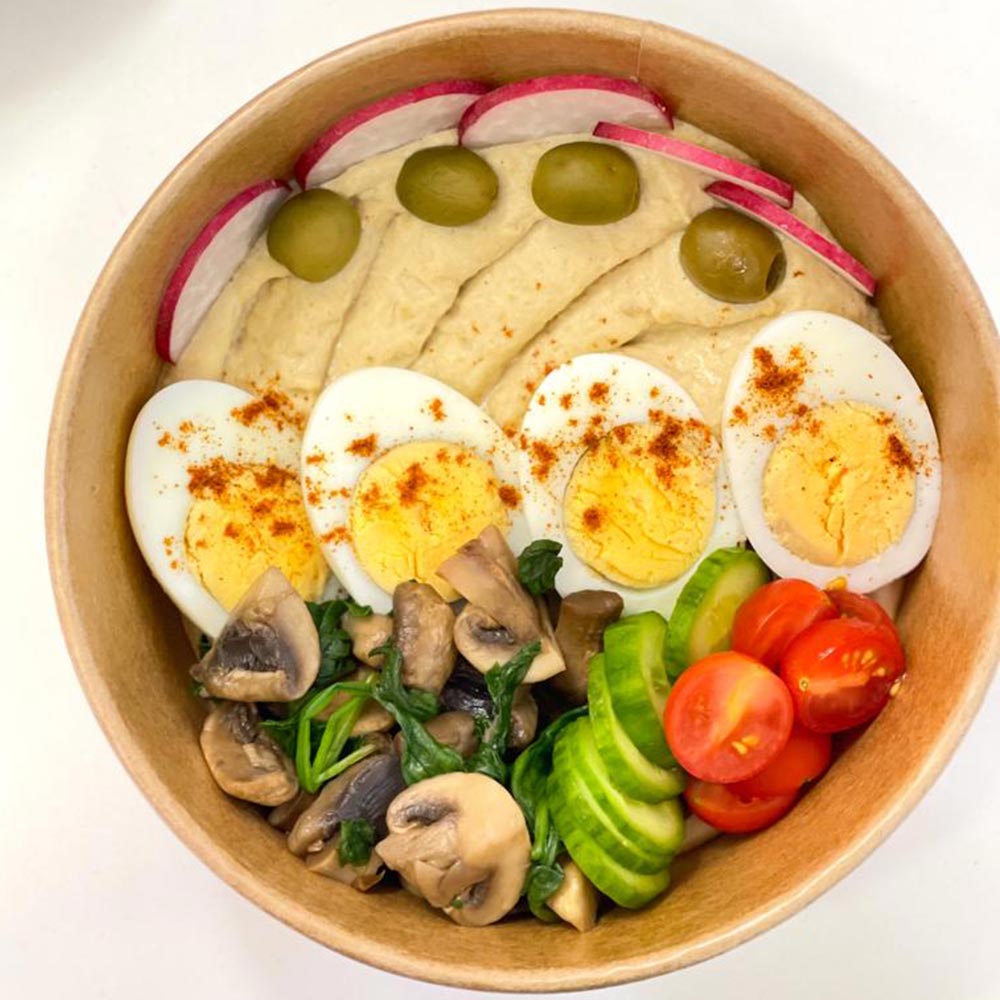In today's culinary landscape, turning a passion for food
into a profitable business venture is more achievable than ever before. However,
success in the culinary industry requires more than just culinary skills; it
demands strategic planning, branding, and marketing prowess. In this article,
we'll explore five essential tips to help aspiring culinary entrepreneurs
transform their passion into profits. From identifying a niche to honing
culinary skills and developing a solid business plan, each tip plays a crucial
role in the journey toward culinary success.
Identify Your Niche
The first thing you need to do if you want to make money
from your love of cooking is find out what you're good at. You need to think
about where your skills and interests lie within the cooking industry. What do
you enjoy doing? What are your strengths? It's important to know what makes you
stand out and which food or type of cooking service excites you the most. Maybe
it's making homemade bread, preparing plant-based recipes, or providing a fancy
catering service. Knowing your special area gives direction to your efforts and
helps you shine in an already busy market. By knowing what you excel in, you
can shape your services to fit the liking of potential customers, thereby
increasing your chances of thriving in the cooking business.
Develop Your Brand
Building your brand is a vital part of making your food
business grow. Begin by knowing what your brand stands for, its character, and
who will buy from you. This knowledge can shape your branding and help create a
constant image of your brand that's easy to remember. Pick an appealing name
and fashion a logo that mirrors your brand's character. To build trust with
customers and make them recall your brand, keep all things related to it the
same - be it menus, wrapping, or online displays. Also, think about how you can
be different from others in the market and how to tell people clearly about
these differences. It could be through the quality of ingredients used, great
customer service, or something new in what you cook. Just ensure this message
sticks with those who will buy from you - by specifics like this, people come
back again to place another order and this helps make your food business grow
even more.
Hone Your Skills
In the cooking world, getting better at what you do is key.
Keeping on top of your game lets you make tasty dishes for your customers. Fork
out time and energy to improve your cooking skills through different ways like
school, hands-on learning, and workshops. Keep practicing and exploring new
ways of cooking and new recipes to boost your range of dishes. Ask for tips
from friends, teachers, and customers to pinpoint where you need to get better
and fine-tune your skills even more. Plus, keep tabs on trending ideas in the
industry so that you stay fresh and adaptable in a constantly changing food world.
Apart from that, investing in proper restaurant equipment is also essential to run a successful restaurant, therefore, be
mindful of your investment because equipment can make or break it for you.
Create a Solid Business Plan
A good business plan is important if you want to turn
cooking into a money-making project. This plan needs to have your aims, your
strategy, and your financial expectations. Start with knowing who you want to
sell to, who's selling the same thing, and what people are buying these days.
Use this knowledge to come up with a simple but effective way of running things
such as cost setting, advertising, and daily tasks. Financial expectations like
starting costs, earning hopes, and when you break even will help you see if
your idea will work out and if it might need capital. Check on your business
plan from time to time as your cooking venture changes so it stays helpful and
keeps in line with what you want.
Utilize Marketing Strategies
Utilizing effective marketing strategies is essential for
growing your culinary business and attracting customers. Start by identifying
your target audience and understanding their preferences and behaviors. Social
media marketing is a powerful tool for building brand awareness and connecting
with potential customers. Create engaging content, such as photos of your
dishes, behind-the-scenes videos, and cooking tips, to showcase your culinary
skills and personality. Additionally, consider offering promotions, discounts,
or loyalty programs to incentivize repeat business and reward loyal
customers.
Conclusion
In conclusion, turning your culinary passion into profits
requires careful planning, dedication, and strategic execution. By identifying
a niche, developing your brand, honing your skills, creating a solid business
plan, and utilizing effective marketing strategies, you can set yourself up for
success in the competitive culinary industry. Whether you dream of owning a
restaurant, catering business, or food truck, these essential tips provide a
roadmap for achieving your entrepreneurial goals.






























